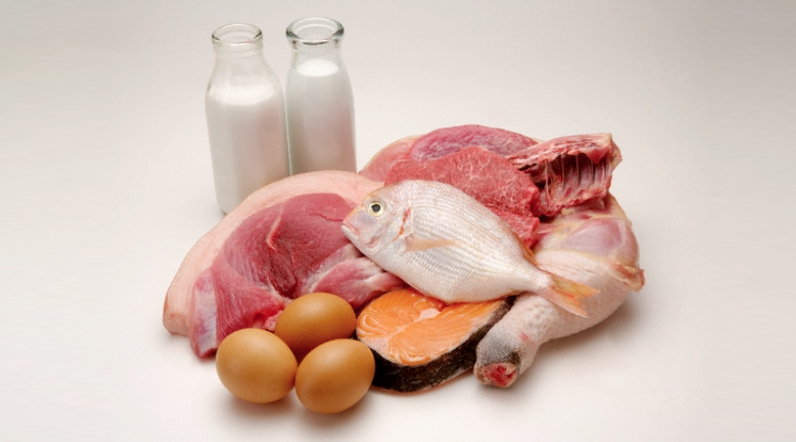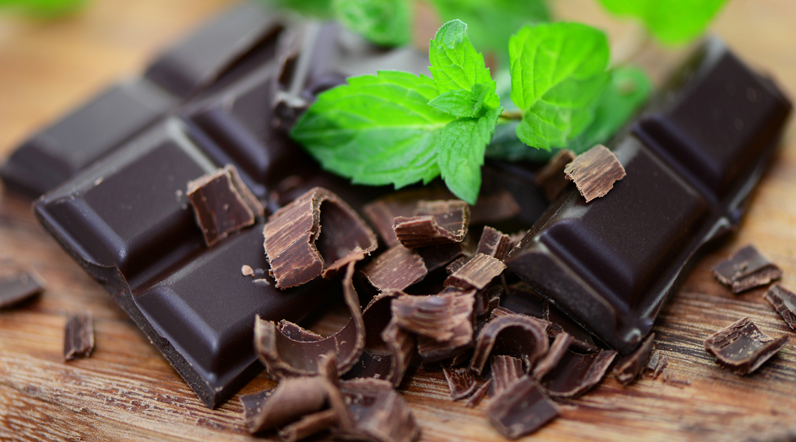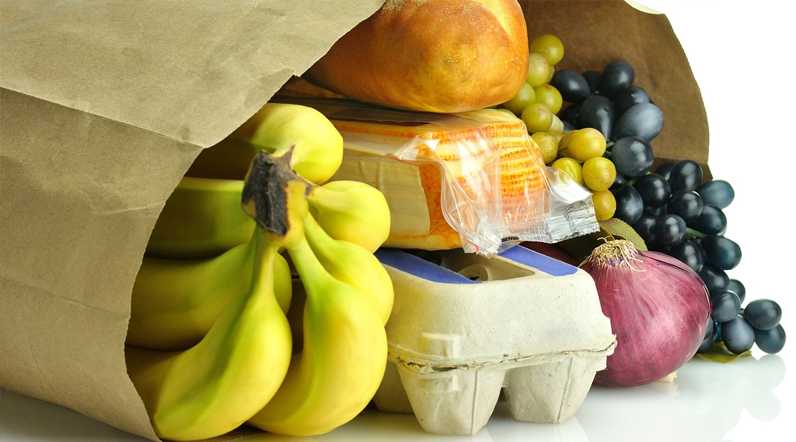Workout Flavours: The Best Foods to Complement Your Training
It seems a shame to put all your effort into fitness training, working hard each day at the gym or at home, without making sure every aspect of your life maximises its efficacy. After all, a professional athlete won’t spend all day training only to gorge on McDonalds and beers – and just because they get paid to do sports doesn’t make their commitment any more important than yours (just more lucrative, unfortunately).

Eating to match your fitness regime doesn’t mean eating like a rabbit either, though. Regardless of what you eat, it’s important to ensure your body gets the calories it needs in order to perform basic everyday tasks and, additionally, any exercise you undertake. The recommended daily number of calories for a healthy adult is 2000; if you’re aiming to lose weight, drop down to around 1750 a day to help your body use up reserves.
Even with few calories to consume, there are plenty of delicious ingredients you can enjoy whilst still ‘eating smart’. Here, then, are some of the best foods to complement your workouts.

Your body’s first port of call for energy is sugar or glucose, provided primarily by carbohydrates. Health experts estimate that 70% of your daily calorie intake should come from carbs, although be wary of eating more than you need as any excess carbs will be converted to fat, thus thwarting your healthy intentions. ‘Good’ carbs can be found in brown rice or pasta, sweet potatoes (which also help keep your blood sugar levels on an even keel) and pulses like lentils and beans.
All this movement, stretching and exertion takes its toll, however, and your body will need to repair any little injuries or strains you incur in the course of your workouts. Protein is your body’s first aid kit, so consuming a decent proportion of protein in your diet will help you stay on top form. Rich sources of protein are eggs, dairy and fish. Meats also provide protein, but are best eaten only a few times a week.

In order to keep your general energy levels up and to stop you flagging, you’ll need to fuel your body with the vitamins and minerals it needs to function. Whilst most foods contain some vitamins and minerals, fruit and vegetables are probably the most convenient and concentrated sources, with fresh (as opposed to tinned or frozen) being the most nutrient-rich way to consume them.
Lastly, fibre-rich foods are crucial to keeping your digestive system moving smoothly, enabling your body to get all the benefits out of the foods you eat. As I am a Derby personal trainer, I know that getting a good balance of the two is the ideal, although there may be times when an emphasis on one or the other is necessary. Foods high in soluble fire include oats, nuts and apples; insoluble fibre can be found in the skins of fruit and whole-wheat foods. Both types of fibre also help you feel ‘fuller for longer’, thus avoiding any bad-habit snacking between meals.
So next time you hit the gym, take the time to review what you’re eating both before and after, and make sure it’s the right kinds of foods to make that workout really have an impact. And, of course, don’t forget to treat yourself every now and again for all your hard work: dark chocolate is a great antioxidant, and dairy produce like cream provide the small amount of fat your body needs to work properly.

